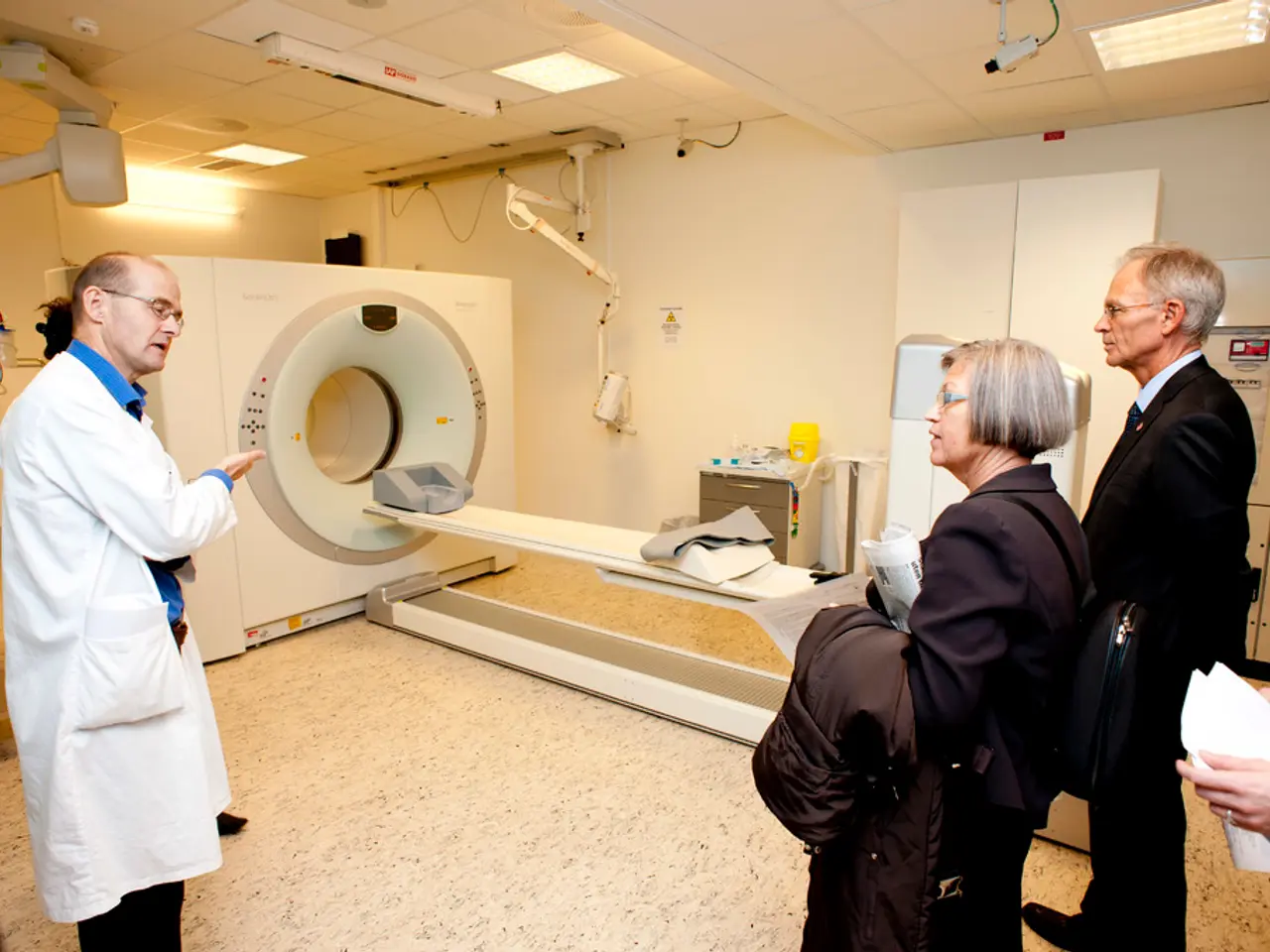Unauthorized disclosure of MRI scans, X-rays, and other sensitive medical data from over a million healthcare devices worldwide. Insight into the magnitude of this incident.
A security research group named Modat has discovered over 1.2 million misconfigured internet-connected healthcare devices leaking sensitive data, including patient contact information and protected health information. This alarming revelation highlights the urgent need for a proactive approach to cybersecurity in the healthcare industry.
To strengthen its defenses, the healthcare sector should focus on several interrelated strategies.
Firstly, regular and thorough risk assessments of all health IT systems and devices are essential to identify misconfigurations and vulnerabilities before attackers can exploit them. These assessments should be conducted at least annually and whenever significant technology or process changes occur.
Secondly, strong access controls and authentication measures, including multifactor authentication (MFA), unique user logins, and strict role-based permissions, are crucial. Automated session timeouts prevent unauthorized exposure when users step away.
Thirdly, network segmentation is key to isolate critical systems and devices such as medical devices and electronic health records. This reduces the risk of lateral movement by attackers if a device is compromised, containing potential breaches within smaller zones.
Fourthly, maintaining up-to-date patching of all operating systems, medical devices, and software is vital. This reduces vulnerabilities due to misconfigurations or outdated software.
Fifthly, continuous system and network monitoring combined with AI-driven threat detection can identify anomalous activities in real time, enabling rapid response to any signs of misconfiguration exploitation or data leakage.
Sixthly, automated tools for data discovery and classification can detect sensitive patient data and prioritize its protection with appropriate encryption and access controls.
Seventhly, regular staff training and awareness programs ensure healthcare personnel can recognize cyber threats and reinforce a security-first culture.
Eighthly, secure, tested backups of data offline and offsite prepare for quick restoration in case of data loss or ransomware attacks stemming from device weaknesses.
In summary, a holistic cybersecurity framework that includes risk management, strict access controls, network segmentation, timely patch management, continuous monitoring, staff education, and robust backup procedures builds a strong proactive defense against risks associated with misconfigured devices in healthcare settings. This comprehensive approach not only prevents sensitive data leaks but also supports compliance with regulations like HIPAA/HITECH and contributes to operational resilience and patient safety.
The leak poses a risk of identity theft, phishing, wire fraud, and more to millions of people. Notably, the majority of the misconfigured healthcare devices leaking sensitive data are located in the United States, followed by South Africa. Australia, Brazil, and Germany also have significant numbers of misconfigured devices.
Errol Weiss, Chief Security Officer at Health-ISAC, commented that a proactive security culture is preferable to a reactive response. He emphasized the need for comprehensive asset visibility, robust vulnerability management, and a proactive approach to securing every internet-connected device in healthcare environments.
In some cases, the data was unlocked and available for anyone to access. A threat actor could potentially learn of a patient's condition before they do, due to the leaked sensitive medical information. This underscores the urgent need for such measures in the healthcare industry.
Researchers warn that the healthcare industry needs a proactive approach to cybersecurity. According to Weiss, this approach is crucial to protect sensitive patient data from unauthorized access and potential exploitation. The leaked data includes confidential medical images such as MRI scans, X-rays, and blood work. Together with names and contact details, a threat actor could blackmail patients by threatening to release the information to friends and family.
This discovery serves as a stark reminder of the importance of cybersecurity in the healthcare sector. A proactive approach is no longer an option but a necessity to safeguard the privacy and security of millions of patients worldwide.
Read also:
- Foods to avoid for someone with interstitial cystitis include acidic foods like citrus fruits, spicy foods, artificial sweeteners, caffeine, alcohol, and fast foods high in sodium and preservatives.
- Analysis of Ro Hair Loss Solution: Is it the Optimal Choice for Male Pattern Baldness?
- Gatherings for Managing Eczema Symptoms
- Delhi sees city-wide canine capture following judicial order by Indian court




